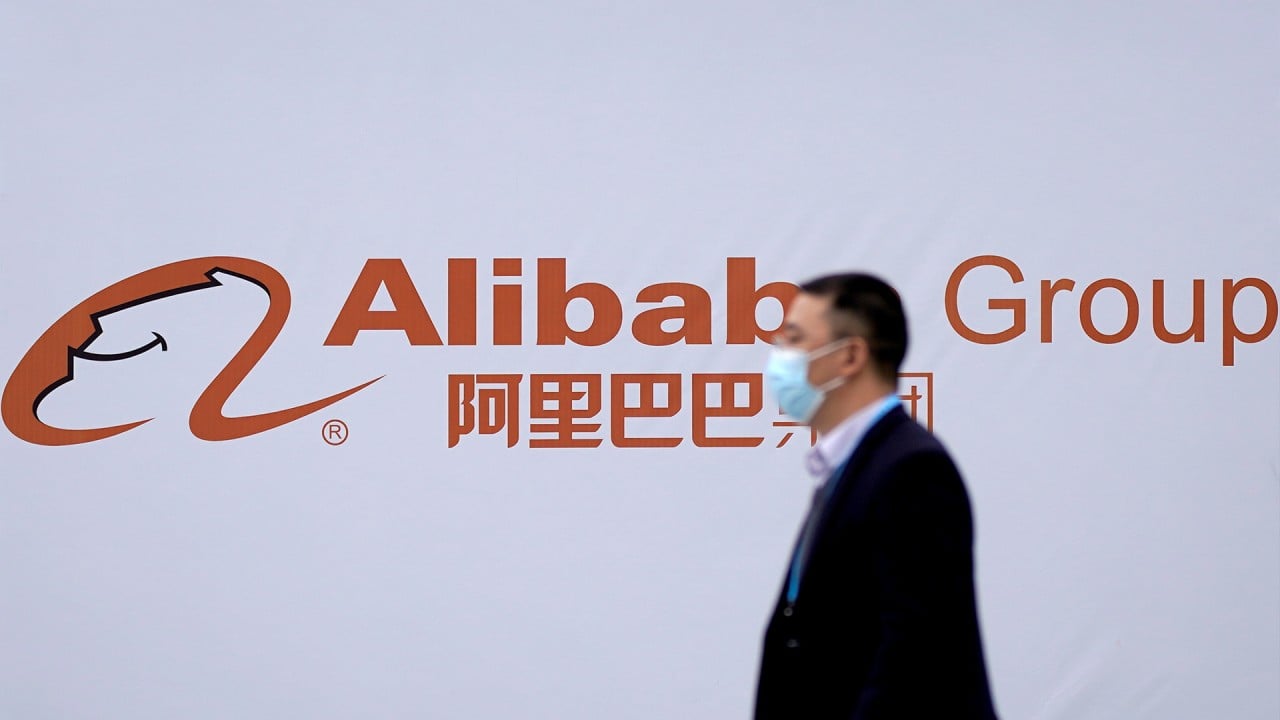
China kicks off antitrust probes into Alibaba over alleged monopolistic practices, as regulators summon Ant to meet
- The State Administration for Market Regulation has officially started investigating Alibaba Group Holding over suspected monopolistic practices
- Regulators have also asked to meet Ant Group, the fintech affiliate of Alibaba
The State Administration for Market Regulation, the antitrust watchdog agency, said in a statement that it recently commenced investigations into Alibaba for suspected monopolistic conduct such as “forced exclusivity”.
The term refers to a business practice in China’s internet industry where companies make merchants choose only one platform as their exclusive channel of sales and distribution.

01:26
China kicks off antitrust probes into Alibaba over alleged monopolistic practices
“Alibaba will actively cooperate with the regulators on the investigation,” the company, which owns the South China Morning Post, said in a statement. “Company business operations remain normal.”
Alibaba’s American depositary receipts dropped 34 points, or 13 per cent, Thursday on the New York Stock Exchange in an abbreviated trading session ahead of the Christmas holiday, while the Dow Jones Industrial Average, the Nasdaq index and S&P 500 all eked out small gains.
In Hong Kong, the stock plunged by as much as 8.9 per cent, its biggest intraday fall since November 11, while the shares of related companies Alibaba Pictures and Alibaba Health also declined. Ant Group is not publicly traded.

Zhao Xiaofeng, an assistant professor at Lingnan University’s department of finance and insurance, said the investigation was a “big pressure test” for Alibaba: “Is Alibaba’s success in the past really due to a good business model or is it just because the company has a hold on some scarce resources and been in a monopoly position?”
However, Zhao said that even if authorities fine the company, it would just be “symbolic”.
“The real impact is that Alibaba will not be able to force merchants to choose only a single platform to sell their products on and the company might lose merchants and consumers,” Zhao said.
“In the short term, the investigation will chip away at Alibaba’s growth as it can no longer take the market share so quickly by undercutting smaller rivals, but the real impact wouldn’t be as big as expected [because] China’s e-commerce industry is a fairly competitive sector that’s hard for new entrants to enter,” said Wang Chen, a partner with Xufunds Investment Management in Shanghai.
Beijing lectures e-commerce platforms in new antitrust warning to Big Tech
“Alibaba can retain most of its present market share rather than lose it, [even if] growth will slow down. In the long run, the investigation is good for the e-commerce industry and will prevent some big players from sprawling quickly.”
People’s Daily, the mouthpiece newspaper of the Communist Party, said in an opinion piece that the antitrust probe into Alibaba was intended for “better development”.

The People’s Bank of China, China Banking and Insurance Regulatory Commission (CBIRC), China Securities Regulatory Commission (CSRC) and the State Administration of Foreign Exchange (SAFE) will meet Ant Group in the near future to “supervise and guide Ant Group in accordance with the market principles and rule of law to implement requirements including financial supervision, fair competition, and protection of consumers’ legal rights and interests as well as regulate its operation and development of financial services,” the central bank said.
Ant Group said it would “seriously study and strictly comply with all regulatory requirements and commit fully to fulfilling all related work,” according to a statement on its official account on the WeChat social media platform.

